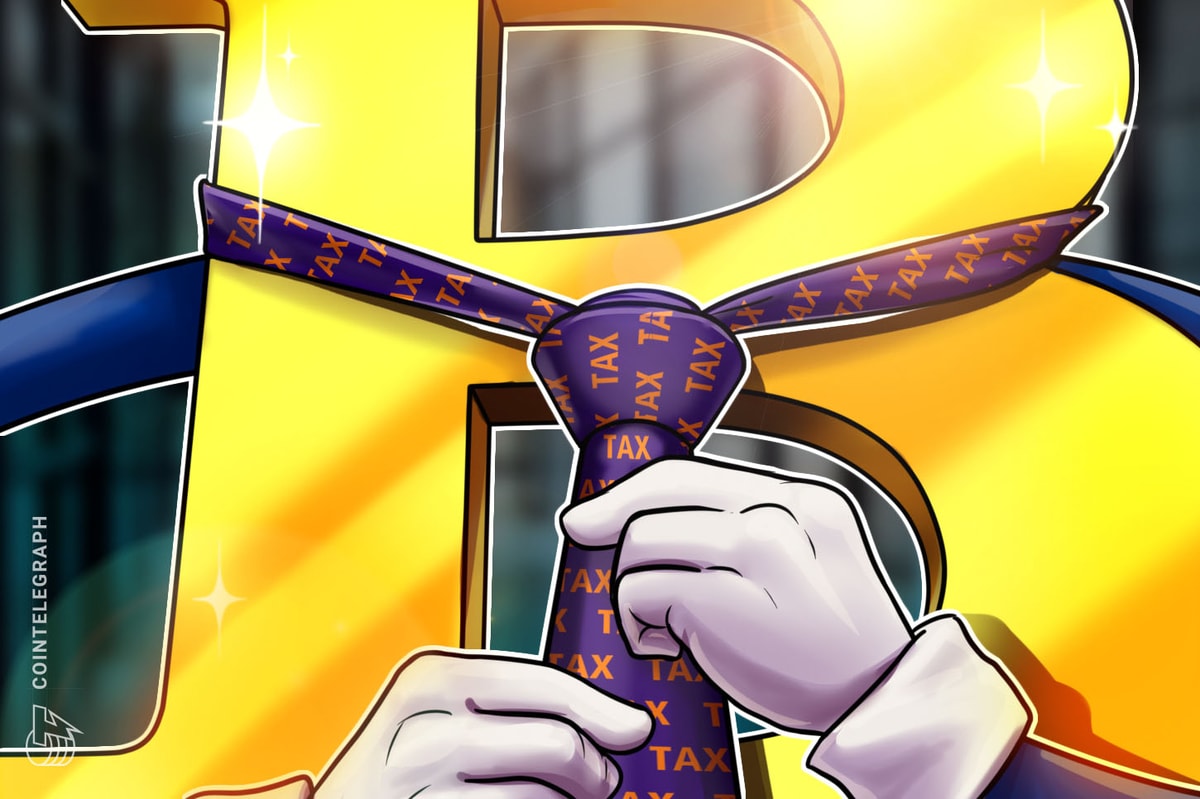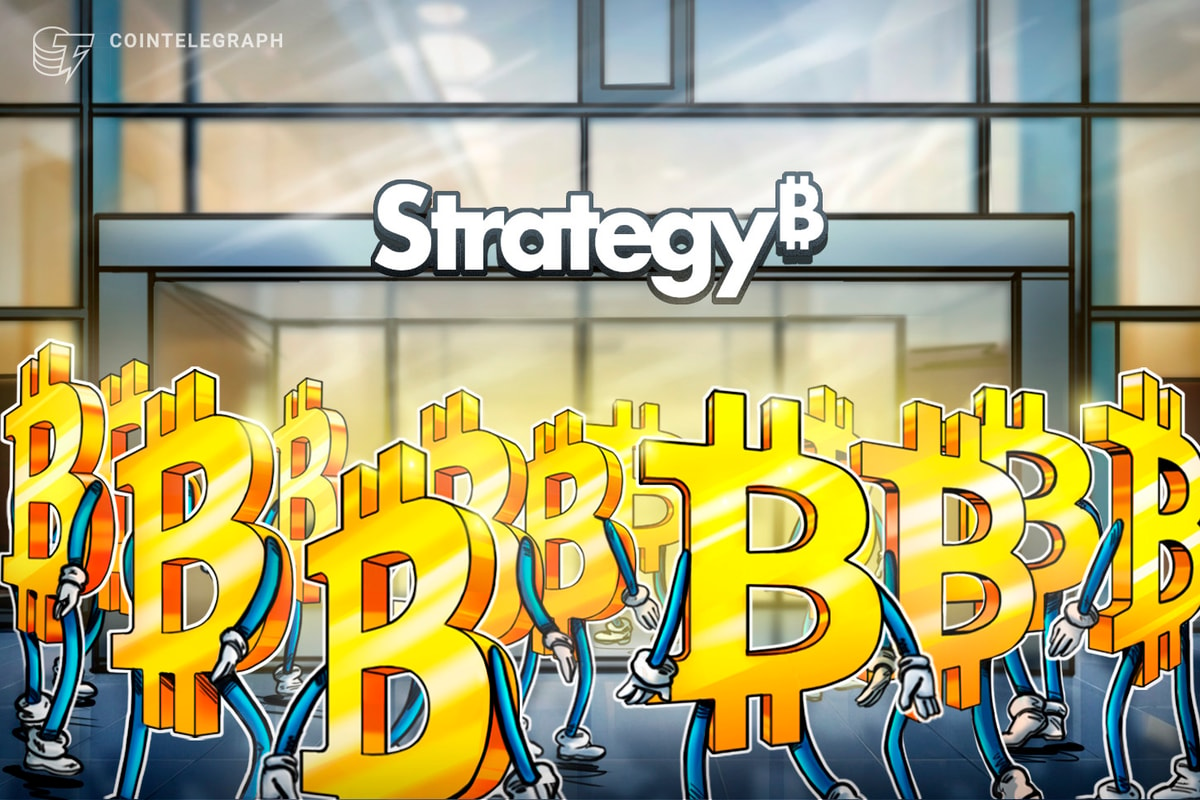In response to the speculative concerns of the NFT sector, SocialFi platform Match aims to create a sustainable landscape with its decentralized auction model, which combines fairness, dynamic pricing and random distribution.
For many people in the crypto community, non-fungible tokens (NFTs) conjure up images of bubbles or hype. This reaction is shaped by the countless failed NFT projects during the last bull market.
Once-popular blue-chip NFTs like Bored Ape Yacht Club (BAYC), Pudgy Penguins, and AZUKI have seen their floor prices steadily decline. The entire NFT market’s trading volume dropped dramatically from a peak of $2.2 billion to less than $600 million—a sharp and painful decline.
The core issue behind many NFT projects’ downfall is the lack of practical use cases to ensure their long-term sustainability. Many PFP (profile picture) projects, for instance, struggled to provide value beyond their initial surge of hype. Attempts to pivot and innovate, such as Yuga Labs’ development of a yacht game to add utility to BAYC, have largely fallen flat.
It is clear that the Web3 space needs a new approach, combining successful experiences from multiple dimensions to launch a reimagined version of NFTs, which provide users onchain identities and increase the value of social interactions.
Creating a real value-based social network
Match, a value-based social network, provides an alternative to the speculative model of static digital assets to address the challenges facing the NFT sector. Rather than relying solely on the market’s volatility, Match builds a more sustainable model by integrating NFTs into a broader ecosystem that emphasizes utility, social interactions and long-term growth.
As a social finance (SocialFi) platform, Match combines the power of Web3 finance, AI and the meme token economy to create a more sustainable and engaging NFT ecosystem. Unlike traditional NFTs, which often fail due to a lack of utility, the platform aims to offer real-world applications through its innovative staking model.

With innovative technologies and financial tools, Match bridges the gap between user and project matching. Source: Match
By holding and using Match NFTs, users can earn native RFG tokens that act as platform incentives, unlock features and increase social interaction. This staking model, which transforms NFTs into structures similar to “mining rigs” for the RFG token, offers users both short-term rewards and long-term investment potential.
The platform’s design allows NFTs to play a key role in driving user engagement in various social activities. Users can earn additional rewards by participating in tasks and scenarios, making NFTs dynamic tools for interaction rather than static digital assets.
Additionally, by integrating AI and big data into its system, Match further enhances the user experience by optimizing investment strategies and facilitating access to high-quality projects.
Decentralized take on the English auction model
With its innovative approach to NFT auctions, Match offers participants a fair entry into the ecosystem. Unlike traditional NFT sales methods, Match uses a decentralized English auction model, also known as the “open cry ascending auction,” with random blind bidding that ensures fairness and inclusivity. This model adds a layer of unpredictability to decentralized NFT auctions, ensuring fairness among users through random distribution.

Match's auction system is designed to prioritize both fairness and randomness. Source: Match
The second Match NFT auction will start at 10 am and end at 10 pm on Sept. 13.
The auction is designed to distribute 40,500 Match NFTs in 10 rounds, 4,050 NFTs per round. The starting price of each new round is determined by the last bid of the previous round, allowing the price to adjust based on market demand. For example, if the previous bid in the first round ends at $100, the next round starts at that price.
A random algorithm adjusts the pricing based on market demand and the number of participants. Some of the highest bidders receive two NFTs, while the rest receive one NFT based on their bid amount. The last bid in each round determines the price for that round. If the bid is too low, the participant receives a refund and any excess from higher bids is also refunded, ensuring fairness in the pricing mechanism.
A mix of randomness and rarity
Match is also introducing NFT-type blind boxing, an algorithm that adds a second layer of randomness, creating a more engaging experience for participants.
After the auction, users are notified whether they have won an NFT, but they don’t know which type (α, β or γ) they received until they “open.” The probabilities for different NFT types are 50%, 30% and 20%, respectively. This binary random algorithm provides a level playing field where each participant has a chance of winning a rare NFT, but the distribution remains fair and unpredictable.

Match NFTs come in three types, α, β and γ, each representing different mining weights. Source: Match
Additionally, Match limits each user to a maximum of two participation rounds, allowing them to acquire up to four NFTs in total. This rule prevents any single participant or “whale” from dominating the market and hoarding NFTs.
To further ensure fairness, Match implements identity verification by linking users’ on-chain wallet addresses and Telegram accounts. This system prevents individuals from using multiple accounts and accumulating NFTs for sale to increase their chances unfairly.
With its innovative approach, Match aims to create a value-driven ecosystem, moving away from the speculative hype of NFTs. As the industry looks for sustainability, platforms like Match can play a pivotal role in transforming the NFT space into a more dynamic and sustainable landscape.
Disclaimer. Cointelegraph does not endorse any content or product on this page. While we aim at providing you with all important information that we could obtain in this sponsored article, readers should do their own research before taking any actions related to the company and carry full responsibility for their decisions, nor can this article be considered as investment advice.












